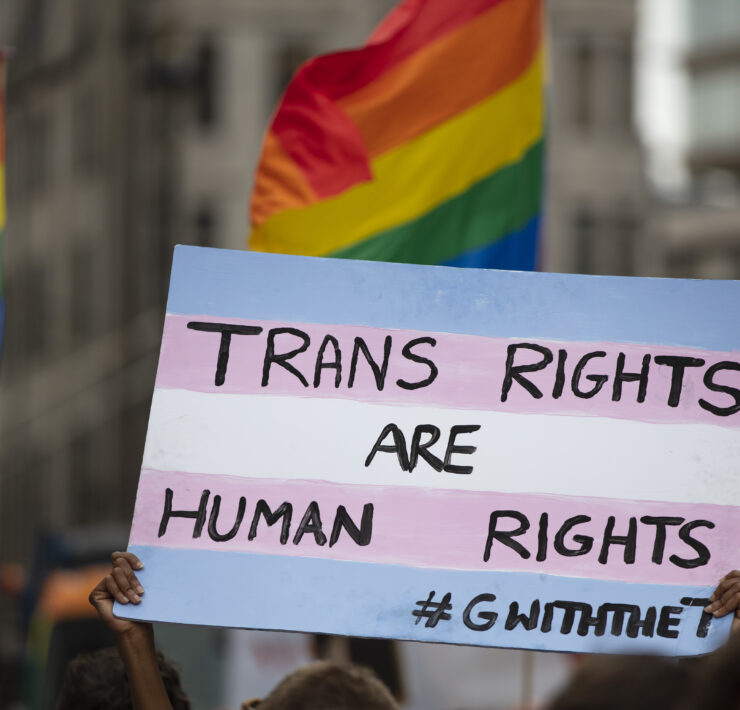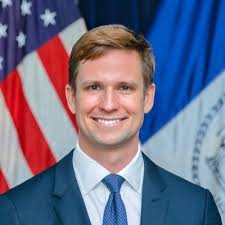Uzbekistan Crediting Trump for New Anti-Gay Policy

One of the parties that makes up the government of Uzbekistan has announced a law in the works to effectively ban “LGBTQ+ propaganda” and has credited President-Elect Donald Trump as inspiration for the frightening new policy. Unfortunately, this shows larger repercussions for future Trump policy regarding queerness in the U.S. and how it could affect other countries with similar ideals.
Alisher Qodirov, leader of the Milliy Tiklanish (National Revival) party, posted on social media that the party is drafting a law to ban discussion of queer people, broadly. The Milliy Tiklanish party controls the lower chamber of the country’s Parliament, alongside the Liberal Democrats. He cited a post by Ivanka Trump, Trump’s daughter, that cited her father’s interest in eviscerating “inappropriate sexual content” and “transgender ideology,” specifically in schools.
He says, “The change in the center of the disease is very good (…) We are working on adopting a law prohibiting any kind of propaganda in this regard.” The notion that queerness is malicious, immoral, and being pushed on children in educational spaces has been a massive talking point for the Republican party in the United States for the past decade or so, and has only become more dangerous and overt with the past election cycle.
Evidently, this ideology has started to impact countries beyond the United States that previously had more progressive policies, and this is just the first inkling of it. Homosexuality is already illegal in Uzbekistan (along with another post-Soviet country, Turkmenistan), and queer people are not protected against hate crimes or discrimination. They’ve gone “completely underground” to avoid abuse by the police system, and even imprisonment, according to one activist in the country.
Neighboring Russia has also been making strides towards outlawing queerness and labeling the movement as extremist under the rule of Putin, a notorious player in the Trump administration and controversies surrounding it. Therefore, adding further discriminatory rules is ultra-damaging, especially if these ideals begin to radiate to neighboring countries who have not banned homosexuality.










